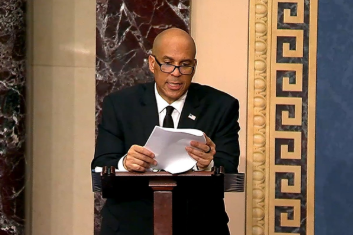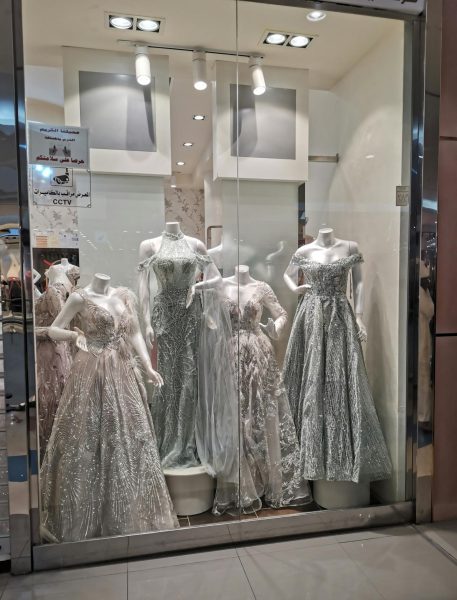Down With The Establishment
The angry worker’s molotov cocktail launched into Washington D.C.’s reigning establishment. Donald Trump won by having his finger on the pulse of middle class Americans and clearly was able to understand their needs and frustrations. He energized a base fed up with Washington. Whether you agree with Trump’s platform or the election results, it is imperative to analyze and understand the phenomenon which took place.
Everybody got it wrong. The highly paid pollsters got it wrong. The political pundits got it wrong. The media got it wrong. Nobody was able to read the anger and frustration of the American voter. Many people have compared Trump’s shocking victory to the Brexit vote. In very similar fashion to the Trump election, all of the pollsters in England were incorrect in predicting that Britain would not leave the European Union in the historic vote. To the shock and dismay of the entire world, as well as stock markets abroad, Britain voted to exit. This was credited to the very similar, popular, nationalist movement that was responsible for Trump’s successful election.
Former GOP presidential nominees Mitt Romney and John Mccain, as well as, Democratic Nominee Hillary Clinton failed to connect and bring forth ideas to appease these forgotten voters and the widely ignored, yet very important Rust Belt.
Donald Trump’s path to victory consisted of shattering the once reliable “blue wall” of states that includes Michigan, Wisconsin, and Pennsylvania. Donald Trump did something no politician has ever dared to do. Instead of going to the Detroit Economic Club to try to appease and appeal to the automotive executives, he stood in front them, stared into their eyes, and matter of factly told them that if they built factories in Mexico and China in order to cut costs, he would attach a steep tariff to each vehicle coming back into the United States. This showed his loyalty to the American autoworker versus big corporate America. If we had paid attention more closely to the primary elections in Michigan and Wisconsin, we would have been able to get a glimpse of the election day outcome. Democratic socialist Bernie Sanders defeated Hillary Clinton in each of these states, despite Real Clear Politics polling averages that gave her a 99% certainty of winning. Furthermore, 200,000 more Republicans voted in the Michigan primary than Democrats. The blue collar workers had abandoned the Democratic party once before during the election of Ronald Reagan in which they overwhelmingly voted for the GOP nominee and were ultimately called the “Reagan Democrats.” These same workers viewed the Republican party as the party for the rich and the establishment in the years following Reagan. That continued to be the sentiment until Trump came along. By that time, the blue collar workers had become disenfranchised with the establishment and despite the fact that Trump was a billionaire, he was able to persuade them that he was on their side. He promised to negotiate trade deals including Trans-Pacific Partnership (TPP) and North American Free Trade Agreement (NAFTA), which he felt put the United States at a financial disadvantages, especially the blue collar worker. No modern politician has talked about trade deals, let alone negotiating them with the American people. The term “negotiating” almost seems to be foreign to the political world. In fact, no one has also been as blunt as Trump. His bluntness was offensive to some but refreshing to others. At times it gave him great kudos and at times it gave him great grief.
Besides not connecting with Mid-Western voters, Clinton had other challenges that she faced during her entire campaign. She had issues with voters believing that she was honest, credible, and trustworthy due to the email scandal, the pay for play accusations of the Clinton Foundation, and the daily barrage of WikiLeaks hacked email releases of her campaign staff and the Democratic National Committee. None of this helped her.
In the famous words of the architect of Brexit, “What you’ve seen this year is just ordinary, decent people, the little people, who’ve said we’ve had enough we want change.”
Your donation will support the student journalists of West Bloomfield High School. Your contribution will allow us to purchase equipment and cover our annual website hosting costs.

Ari is a senior and this is his fourth year in Spectrum. He loves the school spirit at West Bloomfield High School, especially the attendance at sports...












